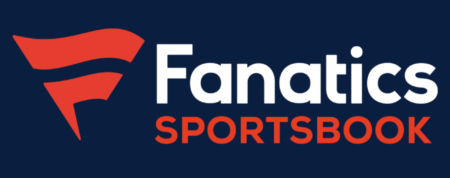Multiple-BrandsImpact
Analysis: How The Multiple-Brand Model Impacts State-Regulated Online Gambling Markets
Policymakers considering the issue of online gambling face a number of key decisions, including the question of how many unique brands (sometimes referred to as "skins") to allow under each individual online gambling license. To date, the majority of states (including New Jersey, Pennsylvania, and West Virginia) allow some level of multiple-brand participation under each online gambling license.
In this research study, Eiler’s & Krejcik performed a comprehensive evaluation of New Jersey's regulated online casino market. The study revealed an overwhelmingly positive connection between the presence of multiple brands per license and market size.
New Jersey's online casino market is roughly 50% larger in terms of total annual revenue than a New Jersey market where only one brand was allowed per license.
In sum, a greater number of available brands can result in:
- A larger overall market in terms of revenue.
- A larger base of taxable revenue.
- Increased competition in the market, which can create benefits for consumers including better product variety and quality, and better product prices and promotions.
- Increase revenue parity between larger and smaller operators in a market.
In addition, the imposition of license fees not only on master license holders, but also on partner brands, can provide states with additional sources of revenue.
An Executive Summary of the research is available for download here.
Online gaming has created 6600 jobs in New Jersey alone.
80% of sports betting wagers have been placed online.
NJ Economic Impact Study
iDEA's proprietary research quantifies the economic impact and assesses the social impact of legal online gaming in the state of New Jersey. This groundbreaking study has been updated for 2020 and includes data from six years of legal, regulated online gaming in the state. New Jersey’s experience provides valuable lessons for other U.S. states in creating an operating environment and regulatory structure to implement, oversee, and realize the benefits of responsible, regulated online gaming.
Impact of Onsite In-Person Registration on Sports Betting
As legal sports betting grows across the U.S. individual states must consider how consumers set up access legal sports betting accounts. One approach includes in-person registration requirements for online sports betting accounts. This analysis explores the potential ramifications of in-person registration requirements on revenue generation for state governments and the competitiveness of legal markets.
iDEA's Responsible Gaming Initiative
See how we ensure the fairness of the game, the safety of
consumers and children, and the security of player information.























